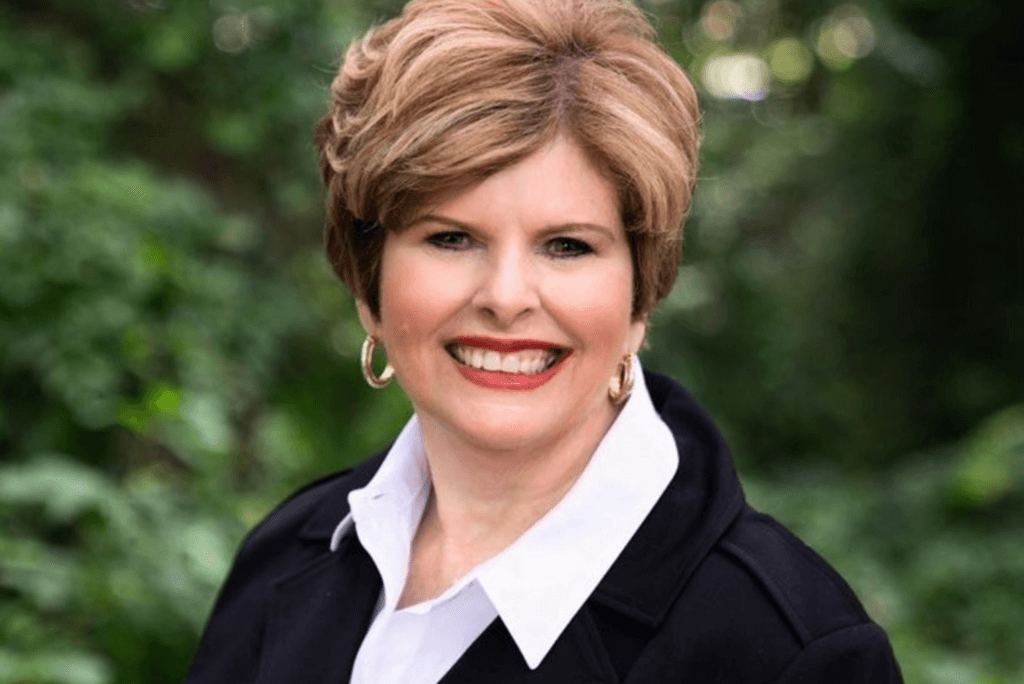In 1955, 14-year-old African American Emmett Louis Till was brutally murdered in Mississippi after being accused of offending a white woman in her family’s grocery store. His killers were acquitted, and the injustice served to spark the beginning of the civil rights movement in America.
Bishop Harry Jackson, the senior pastor at Hope Christian Church in Beltsville, Maryland, says we are now confronted with a similar iconic moment in American history with the death of African American George Floyd at the hands of law enforcement officials in Minneapolis, Minnesota, less than two weeks ago.
Jackson, who hosted a forum at his church with U.S. Vice President Mike Pence and many kingdom leaders Friday afternoon, says Floyd’s tragic death must serve as an opportunity to help heal the vast racial divide in this country and to help every person feel safe and cared for as a member of the American family.
“It’s important that government leaders as well as business leaders and church leaders must initiate a bipartisan attempt to bring our nation together in the wake of George Floyd’s death,” Jackson said. “It’s almost like the George Floyd family has taken the place of Emmett Till from years ago, when he was murdered in Mississippi and his body was put on display in the Chicago, Illinois area. That’s when the Civil Rights movement really began.
“It’s almost like his death was prophetic and symbolic of a time and a season where change had to come. At that moment, whites and blacks came together to address the civil rights issues, and we found momentum. I think we’re now going to find momentum to change in this season of time as well.”
Floyd’s death has marked a period over the past 12 days of accelerated racial and civil unrest across the United States. Violent protests in many major cities have marred the American landscape, resulting in a heightened strain on relations between the American public and law enforcement officials.
Jackson, a member of President Donald Trump’s evangelical advisory board, regaled the forum with a personal story of his father’s harrowing brush with law enforcement in Florida more than six decades ago, indicative of centuries of racial injustice in America.
“My father, Harry Jackson Sr., was threatened at gunpoint by a state trooper in Tallahassee in the 1950s,” Jackson said. “The guy discharged his weapon over my dad’s ear, temporarily deafening him. My dad decided to leave the South at that point.
“My dad was misused and abused in the 1950s. And it’s not just George Floyd’s death alone. It’s representative of the almost 400 years of historical challenges that we’ve faced.”
Speaking on behalf of the Trump administration, Pence says that Floyd’s death has “shocked the conscience of this nation,” and that President Trump is determined for America to move forward with a renewed commitment of equality and equal opportunity for every American.
“This is a time in this nation where we mourn with those who mourn and we grieve with those who grieve,” Pence said. “The American people’s hearts were broken to see the video that came from the streets of Minneapolis. The death of George Floyd was a tragedy, and we have said from the very outset that justice will be served. I want to assure everyone that we have employed full resources to address that department to support the prosecution of those responsible to the fullest extent of the law.
“We have no tolerance for violence against any individual in this country, no tolerance for police brutality and no tolerance for rioting in the streets or looting of the destruction of property, or the claiming of innocent lives, including those of law enforcement. … As we make our way through this time, as a nation, our focus is now on healing, on how we heal America.”
And Pence says the church must have a huge hand in doing so, as it has in the past.
“I thought it was altogether fitting to come here to a place of worship to do that,” Pence said. “It is undeniable that, in the long struggle for equality in this country, people of faith have played a decisive role. The entire quest to end slavery emanated from the churches in this country to challenge the conscience of this nation. The civil rights movement that happened when I was a little boy in Columbus, Indiana, I am told by those involved, was driven out of the pews of this nation.
“I can’t help but feel as the nation reels from the tragic death of George Floyd that a place to start a conversation about this is in a place of worship. It is the wellspring of our nation’s strength. It has been the wellspring of our national unity, and it has been a steady march toward a more perfect union. We’ve got to heal that which divides by breaking down the barriers to opportunity for African Americans and any American that has been left behind. Today is just one of many conversations that we will have here and across the country in the days ahead. Ï am absolutely confident that with your [faith leaders’] steady counsel, your steady leadership and with God’s grace, we will come through this challenging time, and we will come together and move our nation forward, just as we have always done.””
Any such conversations, Jackson says, has to begin by speaking to the hopelessness felt by the younger black generation, but also by addressing how to make them feel safe in the future by ensuring tragedies, such as the one involving George Floyd, are eliminated from the American landscape.
It also includes a more stringent screening process for police officers so individual psychological and emotional issues come to light before the officers are hired and employed to serve the public.
“They have got to know that people feel their pain,” Jackson says, “and that their hurt actually matters. I believe future listening sessions will give government and local law enforcement officials things they need to work on.
“One of my friends here said it this way. If you have racial issues, it’s not just a training issue. I think we have a screening issue of people who have emotional problems; perhaps they’ve had some sort of traumatic experiences in their own lives. And yes, there are training issues. You’ve got to deal with the fact that some police forces have been allowed to develop an insensitivity. Some regions have a climate that tolerates police brutality. We have to address a myriad of issues that may take a while to correct … but perhaps if you use measures like withholding federal funding for states who have a track record for this, the problem won’t last for another decade. It will address sanctified self-interests.”
Bishop Jackson’s message to the minority communities? Have patience, but take action.
“I want to say it’s going to get better from here,” Jackson says. “Be patient, but demand the system work on your behalf. That means you do that through engagement, and you do that through voting. But you also invest in the process. Whether you’re Democrat or Republican, you have to vote in this election, and you’ve got to get out and let your desires be known. We want to have change, but we must all act to bring about that change.”
See an error in this article?
To contact us or to submit an article






















